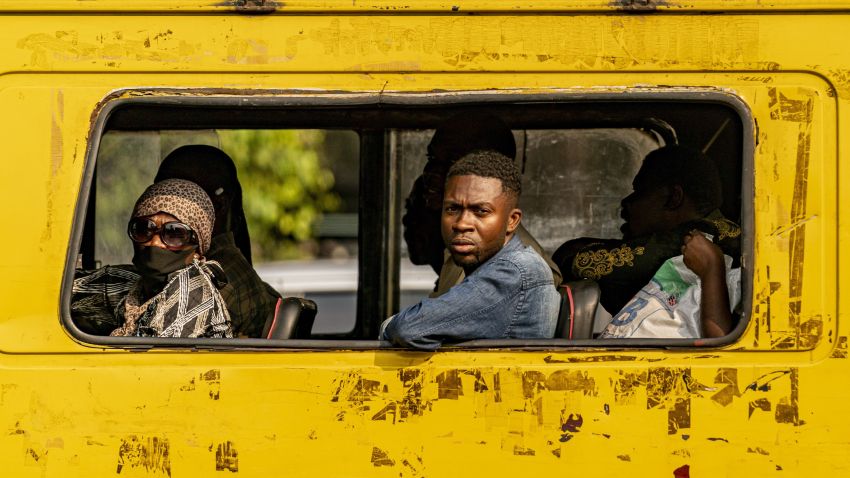U.S. Secretary of State Antony Blinken made a three-country visit to Africa earlier this month, with stops in South Africa, Democratic Republic of Congo and Rwanda. Kicking off the tour in Pretoria, he gave a speech unveiling the new “U.S. Strategy Toward Sub-Saharan Africa,” a document that frames U.S. engagement with African countries around four cardinal objectives that the Biden administration regards as crucial in its effort to deepen relations with the continent. Blinken’s visit and the recently released U.S. strategy are the latest indications that, like other global powers both established and rising, Washington increasingly recognizes Africa’s growing importance in international politics.
Many analysts in the U.S. praised what they saw as Washington’s willingness to improve relations with African states after four years of hostility during the Trump administration. But the relatively muted reaction in African capitals and among the continent’s populations to Blinken’s tour and the strategy document reflects the uphill task the Biden administration faces in convincing skeptics across Africa that Washington is sincere about its claims to be seeking a vital partnership with “shared priorities.”
Blinken described the strategy as being “rooted in the recognition that sub-Saharan Africa is a major geopolitical force … that shaped our past, is shaping our present, and will shape our future.” But it also reflects major powers’ jostling for influence with Africa’s approximately 1.4 billion people and 55 countries, a contest that has been a major topic of my writings for World Politics Review. In the past year, African governments have welcomed dignitaries from China, France, Germany, Turkey, Russia, Belgium and the United Nations, while Senegal and Rwanda have hosted the forum on China-Africa Cooperation and the Commonwealth Heads of Government Meeting, respectively. The competition to win the support of African states on contentious international affairs issues has intensified since Russia’s invasion of Ukraine, which has magnified already existing tensions in the global order, not least those between African governments and their Western interlocutors.

